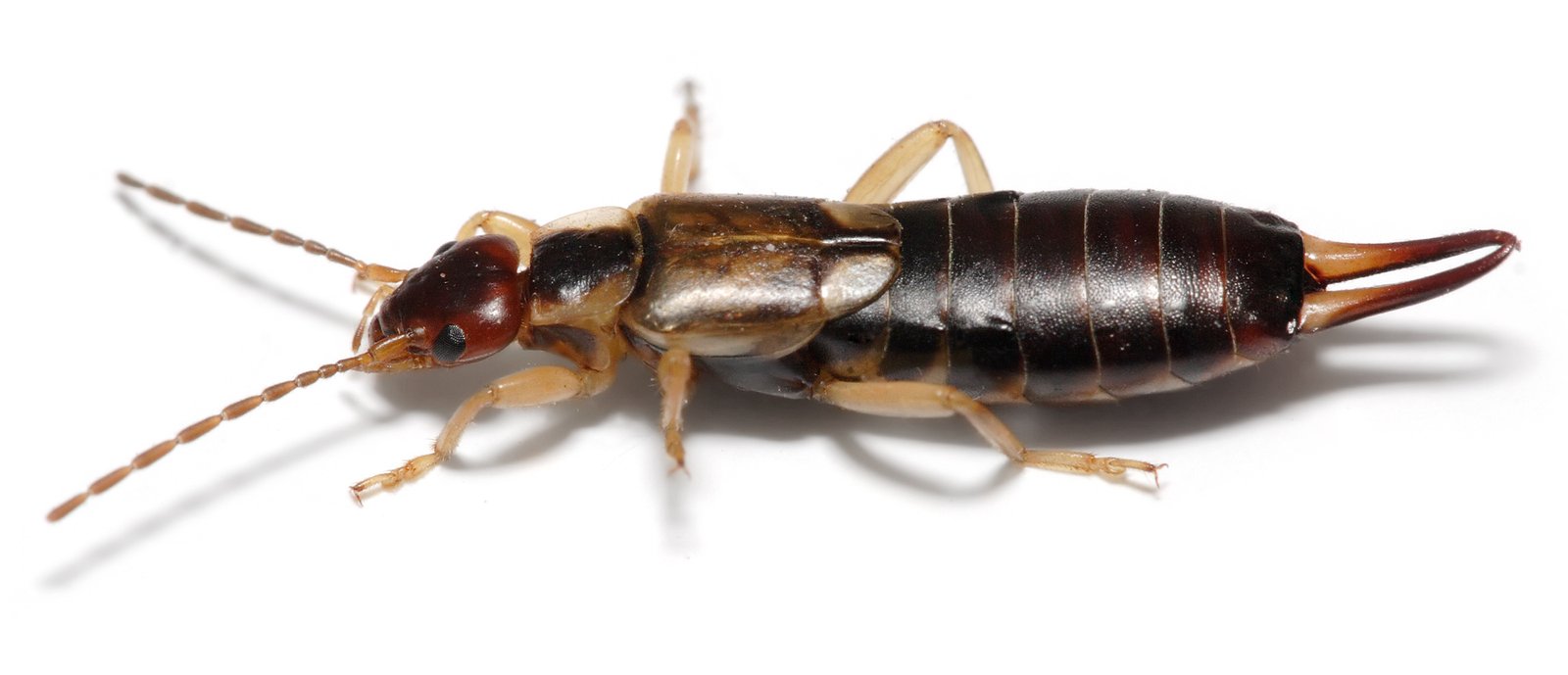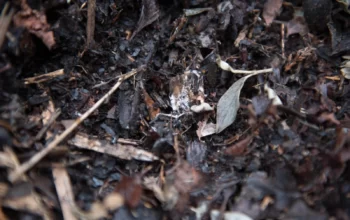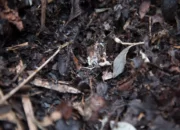middleportal.com – Earwigs, scientifically known as Dermaptera, are small insects that are commonly found in gardens and outdoor areas. While they are generally harmless to humans, their presence can be a nuisance, especially when they invade our homes. In this article, we will discuss effective methods to get rid of earwigs and provide tips to prevent their infestation.
1. Diatomaceous Earth
Diatomaceous Earth is a natural insecticide made from calcified shells. It works by dehydrating earwigs upon contact, effectively eliminating them. Sprinkle a thin layer of diatomaceous earth in areas where earwigs are present, such as garden beds, around the foundation of your home, or near entry points.
2. Earwig Trapping
An easy and effective way to catch earwigs is by creating homemade traps. Roll up damp newspaper and secure it with rubber bands. Place these traps in areas where earwigs are commonly found, such as under flower pots or in dark corners. Check the traps regularly and dispose of the captured earwigs.
3. Eliminate Moisture
Earwigs are attracted to moist environments. To make your home less appealing to them, reduce moisture levels. Use a dehumidifier to control humidity and fix any leaky pipes or faucets. Ensure proper ventilation in your home, especially in areas prone to dampness.
4. Natural Pesticides
A mixture of warm water and a few drops of dish soap can act as a natural pesticide for earwigs. Spray this solution on plants and areas where earwigs are present. The soap helps to suffocate and kill the insects, effectively reducing their population.
5. Vacuum
If you spot earwigs indoors, using a handheld vacuum can be an effective way to capture and remove them. Be sure to empty the vacuum bag or canister outside to prevent them from re-infesting your home.
6. Boric Acid
Boric acid is a commonly used insecticide that can be effective against earwigs. Sprinkle boric acid in areas where earwigs are likely to crawl, such as cracks, crevices, and along baseboards. Take caution when using boric acid, as it can be toxic to pets and children.
7. Clean Gutters and Drainpipes
Earwigs are attracted to standing water and debris. Regularly clean your gutters and drainpipes to remove any buildup of leaves, twigs, or other organic matter. By doing so, you eliminate potential breeding grounds for earwigs and discourage their presence.
8. Alcohol Spray
A mixture of rubbing alcohol and water can be used as a contact spray to kill earwigs. Mix one part rubbing alcohol with ten parts water and spray it directly on the insects. Take caution when using alcohol, as it is highly flammable.
Frequently Asked Questions
What scent keeps earwigs away?
While there is no specific scent that repels earwigs, certain essential oils such as lavender, peppermint, and citrus oils are known to deter them. You can create a homemade repellent by diluting a few drops of these oils in water and spraying it in areas where earwigs are present.
Why do I have so many earwigs?
Earwigs are attracted to moisture and organic matter. If you have an abundance of these conditions in your garden or home, it can attract and sustain a large population of earwigs. By implementing the prevention tips mentioned earlier, you can reduce their numbers and prevent future infestations.
Does baking soda kill earwigs?
Baking soda alone is not an effective method to kill earwigs. However, when combined with other substances such as boric acid or diatomaceous earth, it can enhance their effectiveness as insecticides. Use baking soda as part of a larger treatment plan rather than relying on it solely.
By following these methods and prevention tips, you can effectively get rid of earwigs and prevent their infestation. Remember to use caution when handling any insecticides and always read and follow the instructions provided. If the infestation persists or becomes overwhelming, it may be necessary to seek professional pest control services for assistance.










